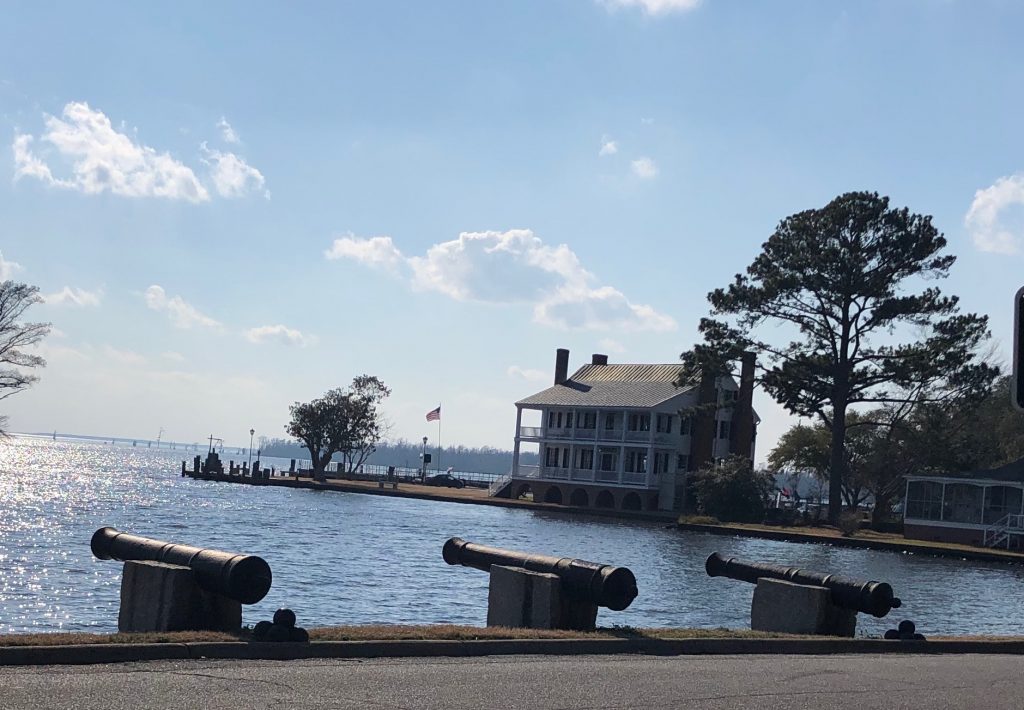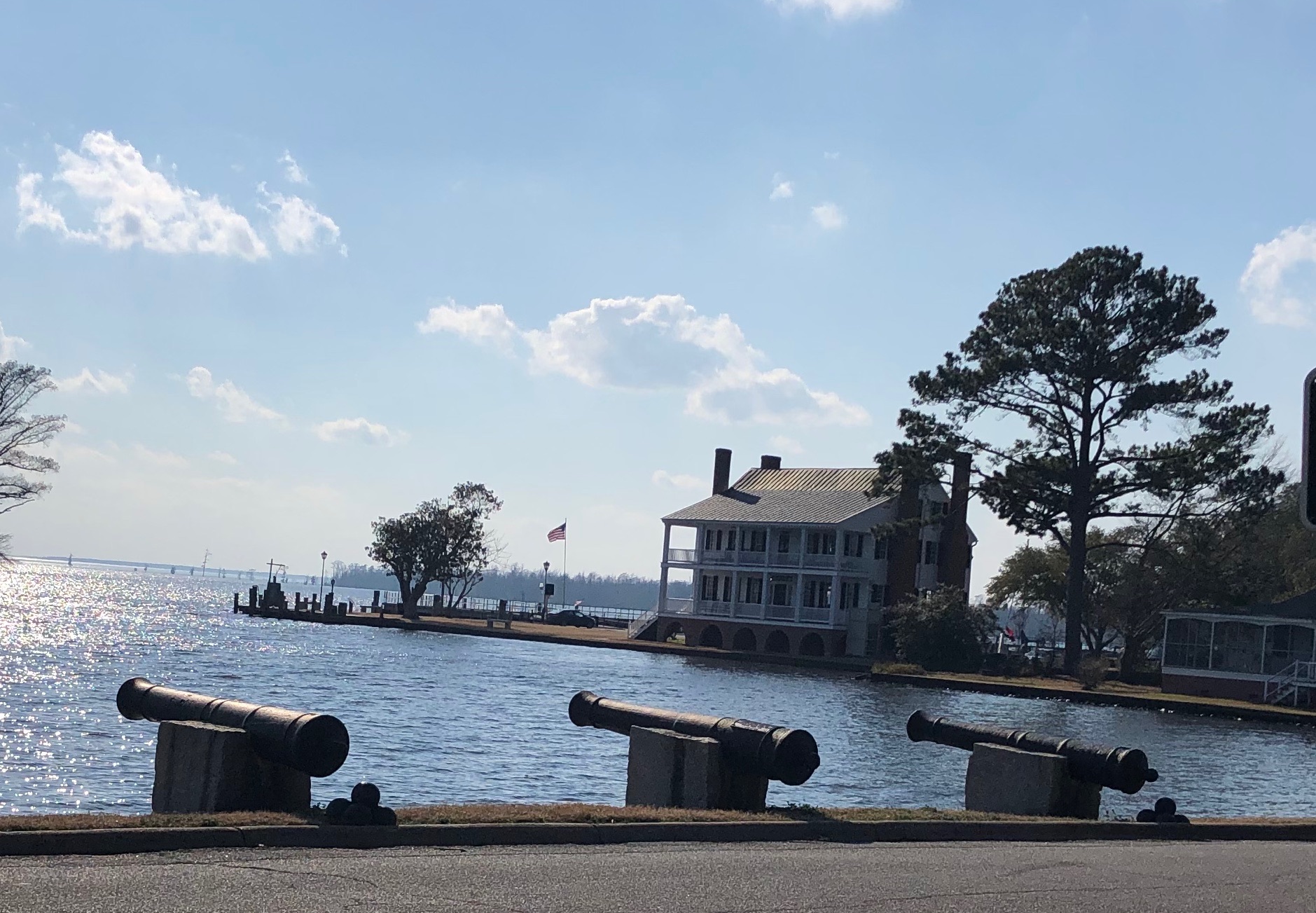
It often seems like talking about the wounds of our past—whether our family’s past or our nation’s past—is an exercise in self-flagellation. Why revisit pain and suffering? Why draw attention away from what might be a pleasant and peaceful present moment?
But I’ve come to believe that acknowledging the wounds of the past is the first step towards healing.
Isabel Wilkerson, author of The Warmth of Other Suns, offers a helpful analogy in talking about acknowledging the pain of our past. In an interview with On Being host Krista Tippett, she mentions that we don’t resist talking to doctors about our family health history, even if the reality of that history is painful. I, for example, tell my physician that my mother had colon cancer in her 50s, as did my paternal grandmother. This is not fun news to share, especially because it leads to the reminder every year that I will be receiving colonoscopies ahead of the typical schedule for such undignified bodily screening for abnormal growths. And yet I willingly share this information because I know that it might help me maintain the very health and well-being I’m experiencing right now, or it might help me recognize a potentially fatal problem that I didn’t even know was there.
Similarly, when we acknowledge the harm that has been done throughout our history, we accomplish two necessary goals. One, we potentially prevent the same harm from occurring again. And two, we identify potentially fatal problems that might exist right now without our knowing it.
I write in White Picket Fences about researching the history of my hometown of Edenton, North Carolina. It was painful for me to recognize the extent of the injustices that had occurred in a place so dear to me. But it was also helpful for me to understand more clearly the way my path as an affluent white American was shaped and formed in the context of that injustice.
More recently, I’ve been reading about the history of my current town of Washington, CT. Our family lives at a boarding school, and I’ve known that the founder of the school, Frederick Gunn, was an abolitionist. I’ve been reading Mr. Gunn’s letters and learning more about the fierce support of the institution of slavery not only in our town but specifically through the church in our town at the time.
In Mr. Gunn’s words (written in 1846): “No institution nor all institutions are doing so much to perpetuate slavery as the churches in America… Here is a man who is enslaving our brothers, chaining them down to a mere animal existence, trampling on their hearts, treating them as mere nothings… He is upholding a system by which this is done on a giant scale. He, and others like him, have enlisted the nation in defense of the system… this man is called a Christian…”
It’s easy for me to look back and see that Mr. Gunn was right, that any church support of the institution of slavery should have been challenged and renounced. And yet reading these words nearly 200 years later also makes me wonder about the times I have disregarded my fellow Christians who have called the contemporary church out for silence in the face of injustice.
In reading White Picket Fences, people have asked me about how to respond to the problem of privilege and social division in our nation. I’ve written about how we need a holistic response, involving head, heart, and hands. For people who are ready to embark on a journey of healing, one step is to use your head to ask questions and learn: What do you know about the history of the place where you grew up, or the place you live now, as it pertains to race, disability, and other markers of social advantage? Is there anything that might be different from what you assumed (or were taught) when you were young? What do you want to learn about the history of our nation, your town, your faith community, as it pertains to these topics? Are there ongoing wounds in your community related to this history?
The purpose of bringing up the wounds of the past is not condemnation. There is no part of me that condemns my mother or my grandmother for having colon cancer. But I am going to dredge up that uncomfortable and unfortunate reality every year when I get a physical, because acknowledging the disease of the past may be crucial to preventing or discovering the same disease in my future. Similarly, the purpose of acknowledging the harm of the past in our families, our towns, and our nation is that we might prevent further harm and participate in ongoing healing.
Check out my Hope for Healing pages if you have questions about how you can use your head, heart and hands to combat the harm of privilege.





This Post Has One Comment
Pingback: What My Blog is About - Amy Julia Becker